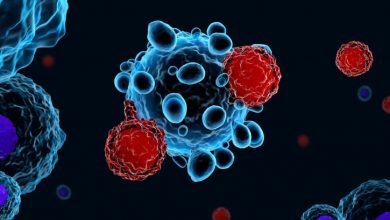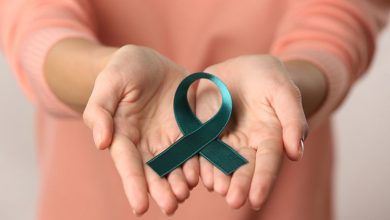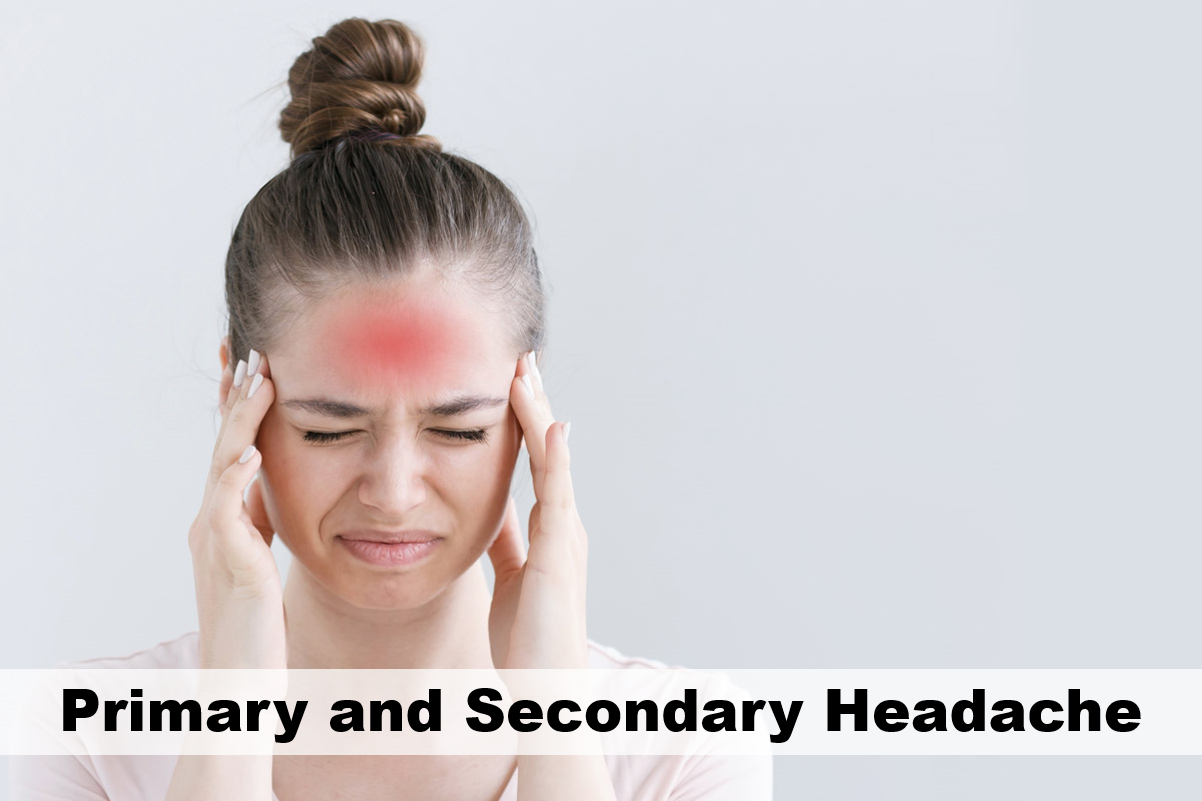Jaw Pain Causes and Treatment
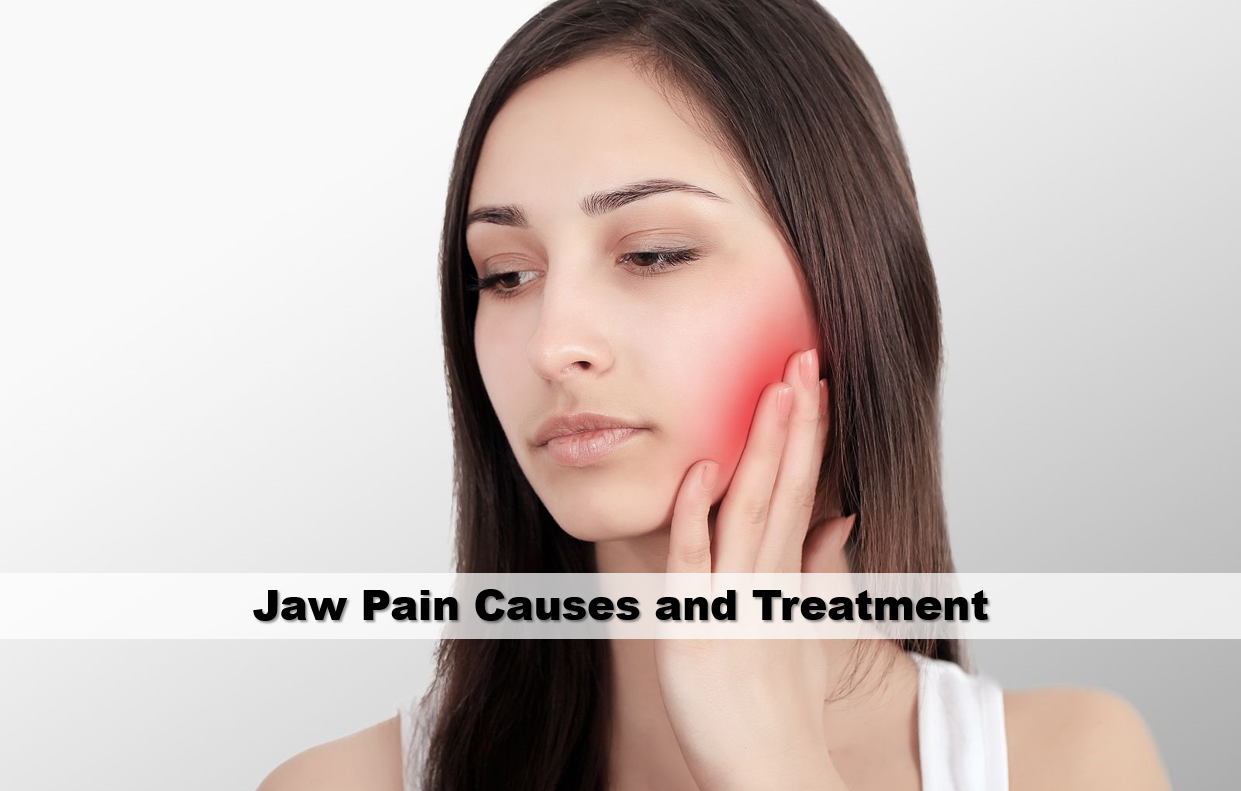
How do you stop jaw pain? Can jaw pain be a sign of a heart attack? Why does my jaw hurt? Since many factors can cause jaw pain, which is one of the common health problems, the success rate depends on the accuracy of the diagnosis. Many people do not care about jaw pain and do not feel the need to go to a doctor if it does not adversely affect daily life. However, jaw pain, which is particularly severe and does not resolve spontaneously within a few days, can be a sign of significant disease. Therefore, in case of pain in the jaw that does not relieve or heal over time, it is essential to consult a health institution immediately. Here, we will talk about the causes and treatment methods of jaw pain.
What Is Jaw Pain?
Any pain that is felt in the jaw, in some cases causing negativity on speech and making hard chewing and swallowing, is defined as jaw pain. The pain may not always be caused by a problem in the jaw. Many factors and structural disorders can cause pain in the jaw. To start treatment of jaw pain, first of all, it is essential to identify the problems causing all these pains, which adversely affect nutrition and prevent the body from meeting the energy and nutrients it needs.

Jaw Pain Causes
There are many possible causes of jaw pain. The most common ones are temporomandibular joint (TMJ) and musculoskeletal disorders, which are effective in most cases of jaw pain. Jaw pain associated with these disorders most commonly affects women in their reproductive years. Besides, other factors that cause pain in the jaw can be listed as follows:
- Tooth grinding (Bruxism) and clenching
- Osteoarthritis (OA) and osteomyelitis (OA – inflammation of bone tissue)
- Sinusitis
- Migraine
- Headache
- Tooth and gum diseases
- Neuropathic pain
- Vascular pain associated with slowing or stopping blood flow to a particular part of the body
- Rheumatoid arthritis
- Thyroid diseases
- Fibromyalgia
- Multiple sclerosis (MS)
- Lyme disease
- Systemic Lupus Erythematosus (SLE)
In the presence of shoulder, arm, neck, and back pain, shortness of breath, sweating, chest tightness, nausea, and drowsiness that may indicate a heart attack should immediately consult the emergency service.
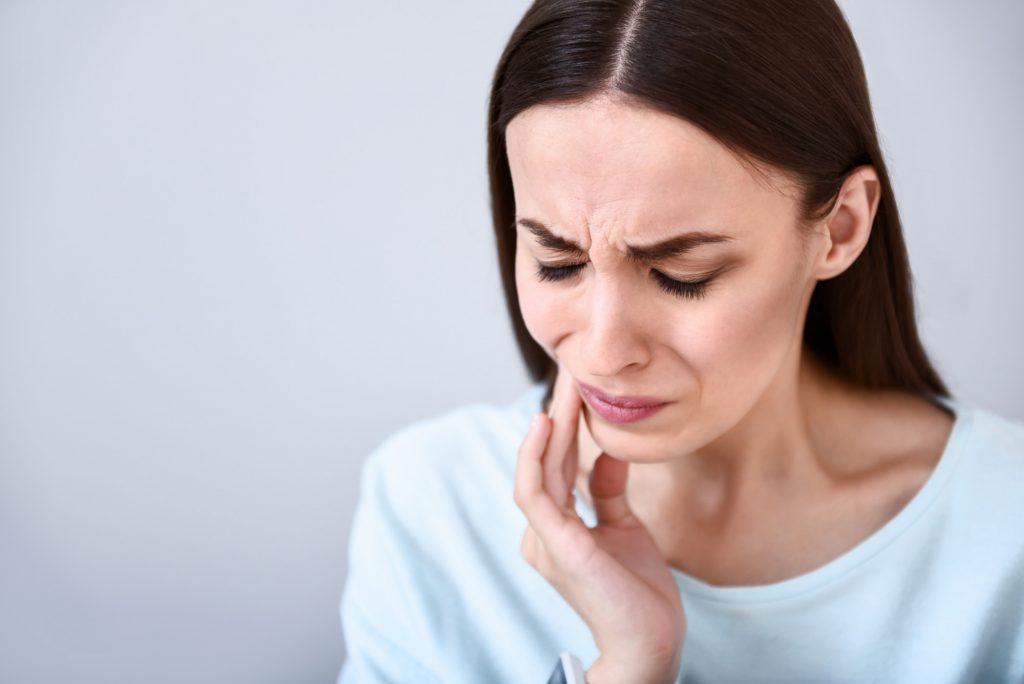
Accompanying Symptoms of Jaw Pain
People suffering from jaw pain often have some accompanying symptoms. Although these symptoms vary depending on the problem causing the pain, common symptoms include:
- Sensitivity in muscles and joints
- Facial pain
- Limitation of the jaw’s mobility
- Toothache
- Ear and Eye pain
- Headache
- Lockjaw
- Neuralgia
- Dizziness
- High fever
- Face swelling
Jaw Pain Treatment
How can I treat jaw pain? is one of the questions that confuses many people who struggle with pain. The treatment of pain in the jaw varies depending on the cause of the pain. Antibiotic or antiviral drug therapy may be used if it occurs as a result of an infectious disease. If there is any trauma or structural disorder in the jawbone, a surgical operation can be performed. If the patient has problems such as grinding teeth, he or she can use night plates and drug therapies such as muscle relaxants and sedatives.

The use of appropriate analgesics in individuals with migraine and tension headaches helps prevent pain in the jaw. If the pain problem is related to dental and gum diseases, you should be careful about oral and dental care, and dental treatments should be done as soon as possible. When pain problems are observed due to the jaw muscles, in addition to medication treatments, relaxation therapies, massage and acupuncture, and cold or hot compresses may be offered to relax the muscles. In patients who cannot detect any physiological problems in the development of pain, patients should also be evaluated in this respect by considering psychological factors. Antidepressant drugs and cognitive therapies may be required in some patients with psychiatric disorders. Apart from all these treatment options, it is possible to benefit from different patient-specific treatment applications. For this reason, patients should comply with the treatment plan to be given by their physicians and should consult with their physician about the issues.

